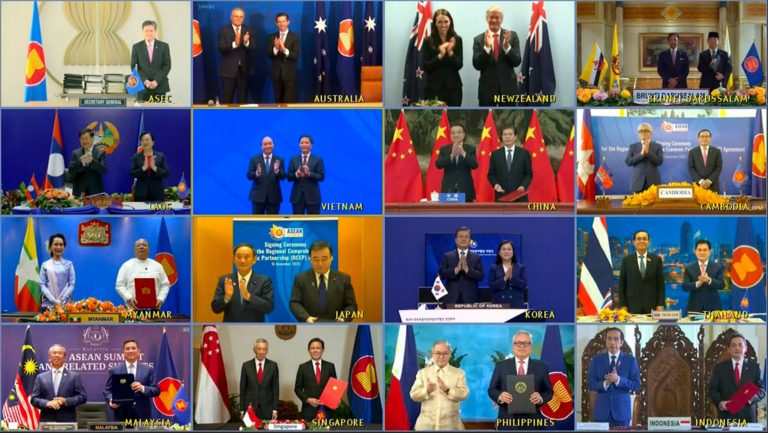
Despite scientists having proved that the Earth’s temperature is rising and contributing to extreme natural disasters, some Americans continue to sweep the issue of climate change under the rug or even completely deny its existence. The U.S. government has struggled to maintain a consistent stance on the issue, weakening its credibility on climate-related policy. This has a top-down effect on how U.S. citizens perceive global warming and consequently choose how to vote on policies regarding the environment.
An example of U.S. credibility in areas of policy is the Paris Agreement, an international treaty on the alleviation of climate change — as the U.S. has changed their stance on the issue multiple times since its drafting in 2015. In 2016, under the Obama administration, the U.S. entered the agreement and established their position against climate change. In 2017, under the Trump administration, the U.S. pulled out of the agreement, and in 2021, the U.S. reentered the agreement under the Biden administration. This sequence of events demonstrates that the party holding office has a profound impact on the U.S.’ climate agenda during that presidential term.
To be a part of the Paris Agreement under one administration and then withdraw the next undermines U.S. credibility. Countries are interested in maintaining credibility so they are taken seriously in times of conflict or cooperation in the international arena. The United Nations Framework Convention on Climate Change aims to encourage cooperation on climate solutions to prevent harmful human activity on the environment.
The U.N.’s Conference of the Parties are the decision-makers of the UNFCCC and meet once a year to address climate related issues. The next meeting, COP29, will be held from Nov. 11 to Nov. 22 this year, during which members will negotiate new international climate agreements and discuss the progress of existing agreements, including the Paris Agreement, drafted in 2015. If, under the Trump administration, the U.S. withdraws once again, their inconsistency in climate change policy could potentially weaken their bargaining powers on future climate related agreements in international relations.
The U.S. being the first country to leave the Paris Agreement resulted in concern among its signatories, as the U.S. is not only one of the largest contributors to climate change but also a world leader in technological advancement. The heads of state of France, Germany and Italy responded to the U.S. with a joint statement saying that the agreement is critical for their cooperation in achieving the sustainable development goals all 193 members of the U.N. agreed to implement by 2030 under the United Nations Department of Economic and Social Affairs. French, Germany, and Italy further claimed that they will not renegotiate the terms of the agreement, since they project it will provide both domestic and international prosperity as well as mitigate climate change.
If the U.S. leaves the agreement again, it is unlikely that the nations involved in the agreement will attempt to renegotiate. With the U.S. out of the agreement, the U.S.-China partnership on combating climate change will come to an end. China will likely start collaborating with other nations to combat climate issues which, consequently, may strengthen alliances. By not being a part of the agreement, the U.S. further risks weakening its credibility in the global energy market since China could end up taking over as a world leader in sustainable development. With the Trump Administration expected to shift the country’s focus toward oil production, labeling climate change a hoax, there will be an open space in the market for China to dominate with green technological developments. China aims to be carbon neutral by 2060, prompting other world players to match China’s lead by lowering their carbon emissions as well and compete for a top spot in the clean energy industry.
With President-elect Trump returning to office in 2025, it is very likely he will withdraw from the Paris Agreement once again. We can expect that the Trump administration will ramp up the country’s gas production and exports to better compete on the global energy market, as he campaigned to resume liquefied natural gas exports to large industries in Asia and Europe.
The U.S.’s inconsistent stance on climate change will further weaken its credibility and therefore diminish its influence in global climate negotiations, altering economic alliances with countries prioritizing these environmental policies and harming ecosystems global citizens rely on.
The Zeitgeist aims to publish ideas worth discussing. The views presented are solely those of the writer and do not necessarily reflect the views of the editorial board.



